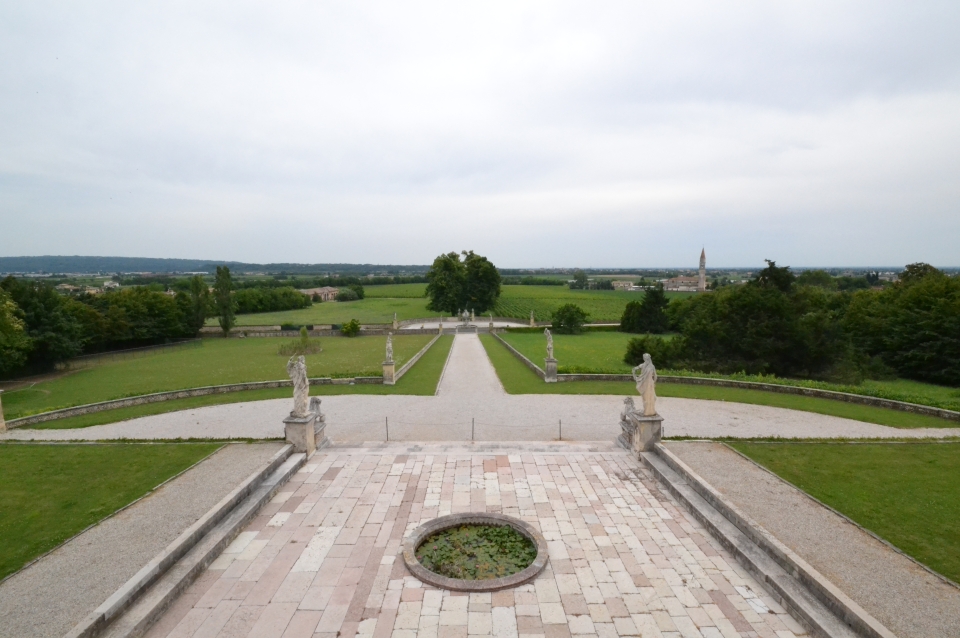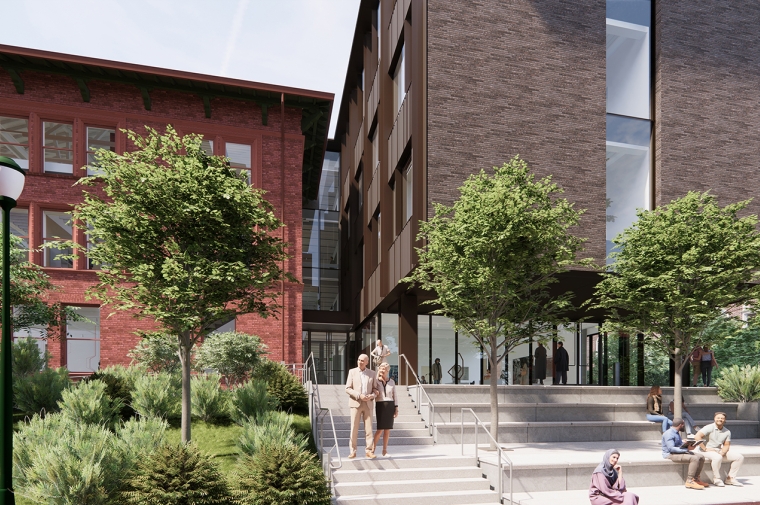March 14, 2016
Stuart Weitzman School of Design
102 Meyerson Hall
210 South 34th Street
Philadelphia, PA 19104
Get the latest Weitzman news in your Inbox
Where does design begin? This was the jumping-off point for a seminar led by Professor of Landscape Architecture Anuradha Mathur and Adjunct Professor of Landscape Architecture Dilip da Cunha held at the University of Edinburgh last month.
“With sea level and violence rising and threatening, with problems of poverty and inequality persisting and worsening, it is not enough for designers to be grounded in ‘things’ that are known to exist and exist as known,” they explain. “Designers need to posit new things and test their possibilities, not just for a future, but for another take at constructing a past and articulating a present.”
Mathur and da Chunha drew on their years of teaching and research to present ways in which they engage places in order to draw out new things and fresh beginnings. An underlying thread in their work is a concern for how water is visualized and engaged in ways that lead to conditions of its excess and scarcity, but also the opportunities that its fluidity offers for new visualizations of terrain, design imagination, and design practice.
Assistant Professor of Landscape Architecture Raffaella Fabiani Giannetto and Assistant Professor of Fine Arts Orkan Telhan are among the latest faculty recipients of Penn’s University Research Foundation Awards and Conference Support Awards.
Fabiani Giannetto received funding for her current book project, Georgic Grounds and Gardens: From Palladio’s Villas to American Plantations, which examines the gardens —both those on paper and the actually planted—and productive grounds of Palladio’s villas in Renaissance Veneto and their reception in the contexts of 17th- and 18th-century England and colonial America.
“Plantation owners perceived themselves as the American equivalent of learned and virtuous Roman farmers and it was the meaning of Italian classical gardens, more than their layouts, that they sought to translate,” Fabiani Giannetto explains.
The project also earned a Salvatori Research Award from the Center for Italian Studies. The awards will allow her to conduct extensive archival and field research in Italy and the UK during the summer and winter breaks in 2016.
Telhan has received funding to develop an educational version of BioRealize, a desktop machine that will give students access to advanced biological tools without having to conduct experiments in a traditional laboratory. In addition, Telhan is collaborating with Dr. Yasmin Kafai in the Graduate School of Education and Dr. Karen Hogan in Biology to develop a STEM curriculum that is enriched by art and design.
Says Telhan, “We are in the midst of a biotechnology revolution whose results will ultimately account for an out-sized portion of the world economy, and will touch nearly every enterprise in some fashion. As a consequence, bio-literacy is emerging as a critical component of educational preparedness.”


 Expand Image
Expand Image


